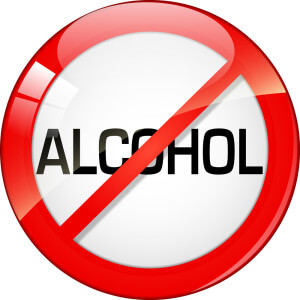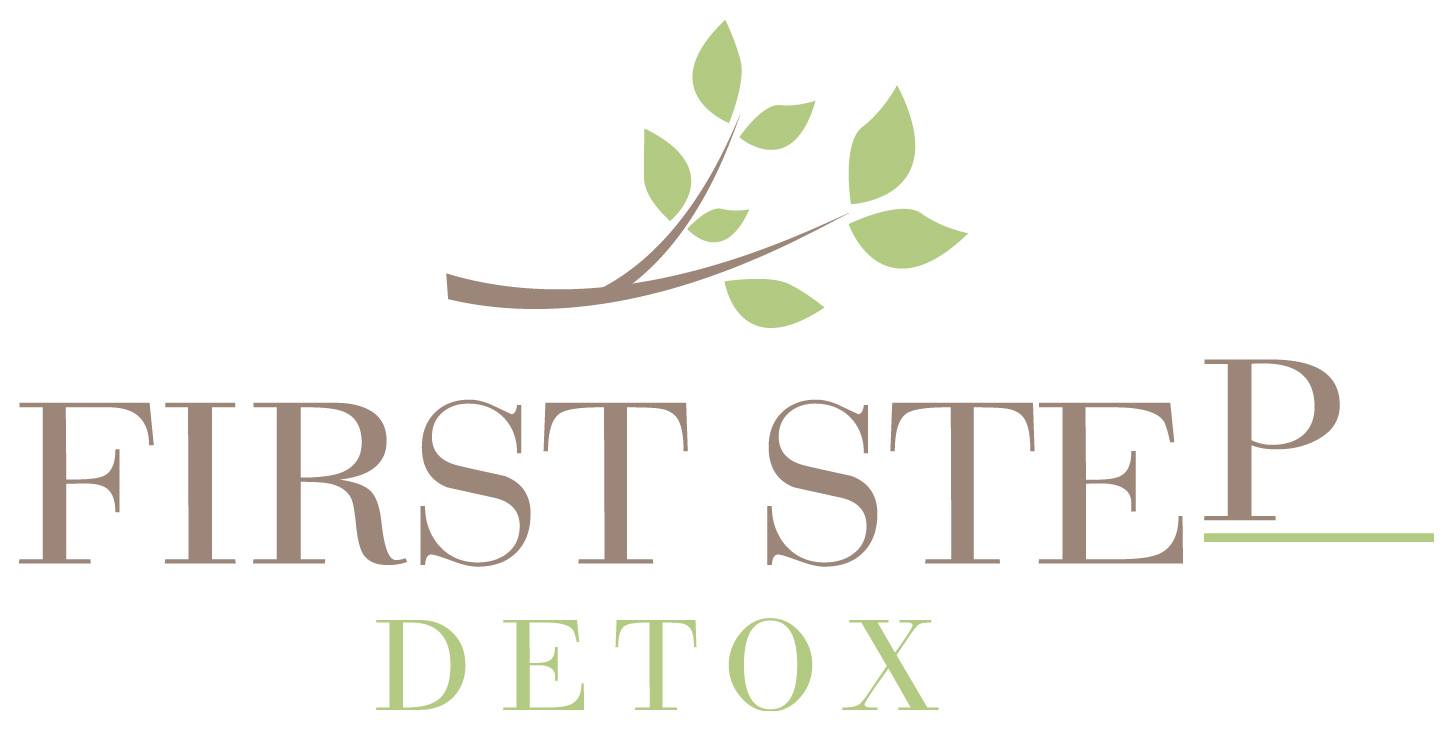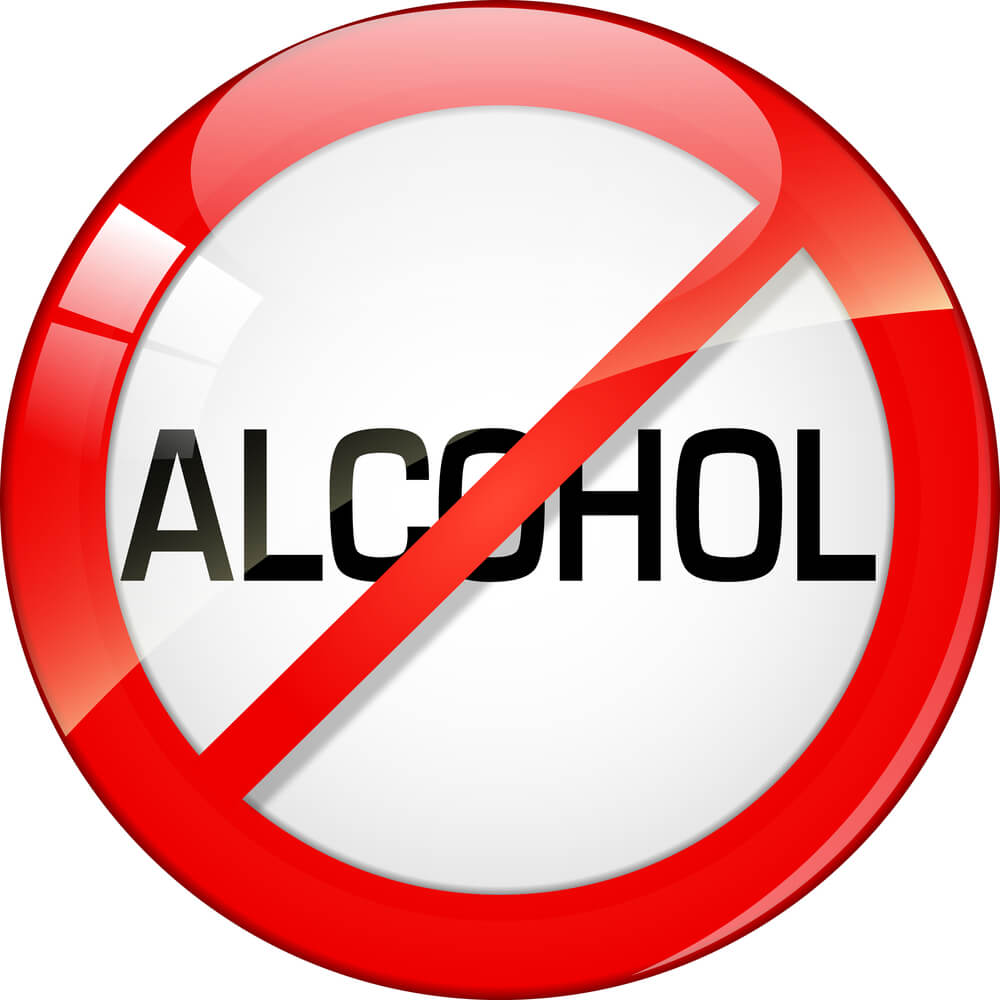 Sobriety and successful addiction recovery requires work. Many patients, upon completing their treatment for alcohol abuse are concerned about the possibility of a future relapse. Here are a few tips that may be helpful in avoiding a relapse.
Sobriety and successful addiction recovery requires work. Many patients, upon completing their treatment for alcohol abuse are concerned about the possibility of a future relapse. Here are a few tips that may be helpful in avoiding a relapse.
Be Proactive
It’s important not to think about a relapse as something that could happen to you against which you are powerless. You will be faced with situations and environments that will test your resolve. But know that you have tools and resources to combat these temptations. You probably already have a helpful support system around you that includes family, friends and sponsors. Don’t hesitate to avail yourself of their help whenever you may need.
Believe In Your Own Willpower
Your willpower is a renewable energy. It isn’t a resource in limited supply that you run the risk of depleting. In fact, the more you use it, the more that you have. Many patients find it useful to look at willpower and their ability to use it as a skill they are constantly improving, until they get to a place where they feel they are experts at it. That’s why it’s also important to recognize and remember every time you have successfully made use of your own willpower.
Develop a Healthier Lifestyle
A healthier lifestyle is one that is good for you both physically and emotionally. Regular exercise, a good nutritional diet and getting plenty of sleep are all crucial in looking after the physical aspect. Filling your days with positive and productive activities, as well as spending quality time with family and friends can similarly nourish you on an emotional level. It’s important to keep yourself busy and active to stave off boredom but not so busy that it increases the amount of stress in your daily life, where you need to go through alcohol detox again to regain sobriety.
Stay Away From Tempting Environments
It is best to avoid situations and environments that you previously associated with drinking. You may feel the urge to prove to yourself that you can be around people who are drinking and remain sober, but introducing this kind of activity early on in your recovery is risky. You can make it easier on yourself if you steer clear of places where people are drinking or those that remind you of when you drank, as well as the people and situations that can trigger negative emotional responses.
Learn From Your Past
Some patients who have relapsed previously adopt a belief that another relapse is an inevitable and ultimate failure. Whatever setbacks you may have experienced before, you are in no way destined to repeat them. As a matter of fact, you may be able to learn from them to identify the triggers or circumstances that brought about the previous relapse, so that you can avoid them in the future. At the very least, you can prepare yourself for them and arm yourself with the necessary help and resources to see them through.

